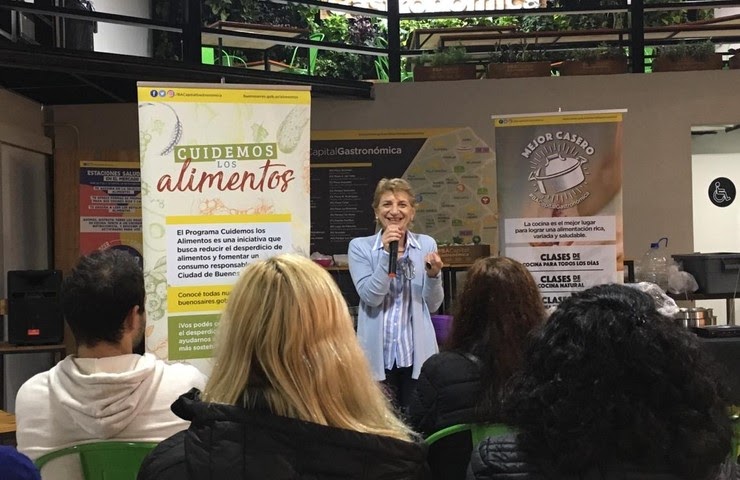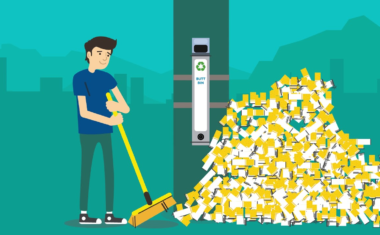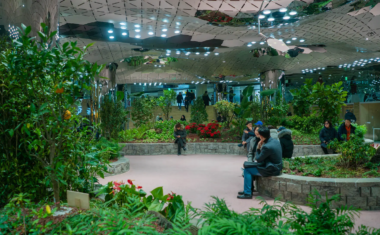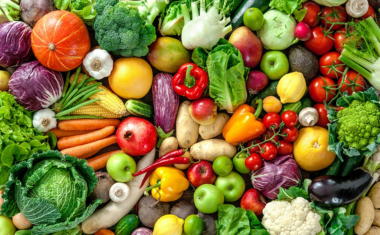Cuidemos Los Alimentos (Food Care Programme)
- 2216
- 5 min to read

About the city. In Buenos Aires, historically established approaches to food policy have been constrained by a lack of collaboration work due to a lack of commitment from governments to each other. Participation in the Milan Urban Food Policy Pact in 2015, together with the commitment to achieve the Sustainable Development Goals of the 2030 Agenda for Sustainable Development, led to the development of a new food policy program called “Cuidemos los alimentos” (Food Care Program) established by the Buenos Aires City Government.
Goal
The aim of the project is to create a sustainable food policy, reduce food waste and encourage responsible consumption among citizens by implementing waste management initiatives and organising training in schools.
Implementation period. The program was launched in 2015.
Fact
A study conducted by the City of Buenos Aires and the University of Bologna, with the support of the Food and Agriculture Organization of the United Nations (FAO), has identified an increase in the scale of this problem: the results show that each household in Buenos Aires produces an average of 8.4 kg of food waste per year (about 2.9 kg per citizen per year). In 2016, a total of 9,500 tons of food was wasted, which means a loss of about 2,830 million pesos.
Solutions
Schools offer training sessions, including workshops in primary schools on waste reduction as part of the Healthy School Programme. There is also a module on this topic in a virtual course for teachers, and 63,000 copies of Mi Revista Saludable (which reaches more than 50,000 students and teachers) were distributed with tips to avoid food waste.
In the food sector, the city has signed a cooperation agreement with the AHRCC (Association of Hotels, Restaurants, Confectioneries and Cafés) and UTGHRA (Union of Tourism, Hotels and Gastronomic Workers of the Republic of Argentina) to implement a pilot project “Take It”: about 40 bars and restaurants in Buenos Aires will receive recyclable boxes (about 300 boxes will be distributed per month and per location) and training for their employees to encourage customers to take their leftovers home. The project also includes creating a chain of sustainable restaurants.
Citizens can access educational and informational materials at Healthy Stations and Green Points throughout the city, as well as at fairs and gastronomic events that take place in Buenos Aires.
Challenges
The main challenge of the project is to make sure that citizens adhere to the initiative to improve the structure of food consumption and reduce the statistics of food waste in the city.
Team
The City of Buenos Aires, Food and Agriculture Organization of the United Nations (FAO).
Timeline
- The Food Care Programme of the City of Buenos Aires won the seventh edition of the World Smart City Awards in the “Project” category at the Smart City Expo World Congress 2017 Barcelona;
- In the last edition of the Feria Masticar (an annual fair organised by ACELGA – Association of Cooks and Argentinian Businessmen related to Argentinian Gastronomy), around 150,000 citizens approached the Food Care Programme’s booth to receive information;
- In total, the initiative reached more than 30,000 residents.
If you notice an error or inaccuracy in our editorials, please email [email protected] so we can look into it.






